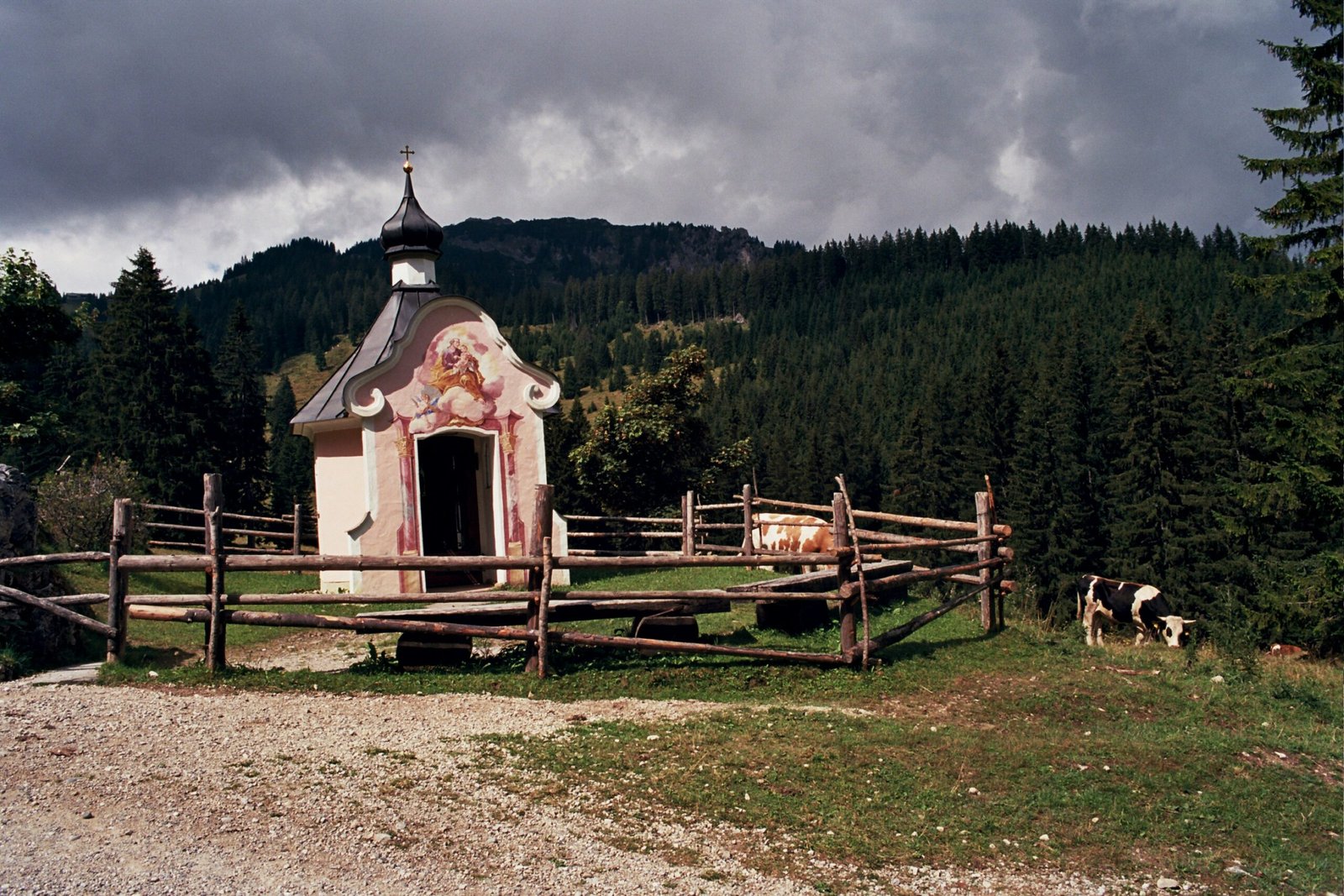The Black Forest
The Black Forest, or Schwarzwald, is one of Germany’s most enchanting camping destinations. Renowned for its dense woods, scenic trails, and picturesque villages, this region is a paradise for nature lovers and hiking enthusiasts. The area offers numerous well-maintained campsites such as Campingplatz Kirchzarten and Camping Münstertal, which are equipped with modern amenities. Nearby attractions include the Triberg Waterfalls, one of the highest in Germany, and the charming town of Freiburg with its historic architecture. Activities range from hiking and mountain biking to exploring the region’s famous cuckoo clock workshops.
Bavaria
Bavaria is synonymous with breathtaking landscapes and rich history. Campers here can enjoy the majestic Alps, crystal-clear lakes like Lake Chiemsee, and historic sites such as Neuschwanstein Castle. Popular campsites include Camping Brunnen near Lake Forggensee and Alpsee Camping. Bavaria’s diverse offerings ensure something for every type of camper, whether it’s hiking in the Bavarian Alps, swimming in pristine lakes, or exploring medieval towns. Additionally, the region’s vibrant cultural scene provides opportunities to experience traditional Bavarian cuisine and festivals.
The Baltic Sea Coast
The Baltic Sea Coast is a haven for beach lovers and water sports enthusiasts. Stretching along the northeastern edge of Germany, this area features sandy shores, quaint coastal towns, and numerous activities like sailing, windsurfing, and kayaking. Notable campsites include Campingplatz Ostseeblick and Regenbogen Prerow, offering stunning sea views and excellent facilities. Nearby attractions include the Hanseatic city of Lübeck, known for its medieval architecture, and the scenic island of Rügen with its famous chalk cliffs.
Saxon Switzerland
Saxon Switzerland, despite its name, is located in eastern Germany and is renowned for its dramatic rock formations and extensive climbing routes. This national park is a sanctuary for outdoor enthusiasts seeking adventure. Campers can stay at sites like Campingplatz Königstein, which provide an excellent base for exploring the Elbe Sandstone Mountains. Activities include hiking the Malerweg trail, rock climbing, and taking in the panoramic views from the Bastei Bridge. The nearby city of Dresden offers cultural excursions with its baroque architecture and art museums.
The Eifel
The Eifel region, characterized by its volcanic landscapes and natural parks, offers a unique camping experience. Campers can enjoy sites such as Campingpark Eifel and Campingplatz am Laacher See, which are ideal for exploring the volcanic features and serene lakes. The region is perfect for hiking, cycling, and geocaching. Notable attractions include the Eifel National Park, the Nürburgring racing circuit, and the picturesque villages scattered throughout the area. The Eifel’s distinct geological formations and rich biodiversity make it a fascinating destination for nature enthusiasts.
Essential Tips for Camping in Germany
Camping in Germany offers a delightful blend of natural beauty and adventure, but it’s crucial to be well-prepared and informed about local practices and regulations to ensure a smooth experience. Here are some essential tips to help you navigate your camping trip in Germany effectively.
Understanding Campsite Types
One of the first things to understand is the distinction between wild camping and staying at designated campsites. Wild camping, or “wildes campen,” is generally prohibited in Germany, except in a few remote areas and national parks where it may be allowed with certain restrictions. On the other hand, designated campsites, known as “Campingplätze,” are widely available and offer various amenities such as restrooms, showers, and sometimes even Wi-Fi. It is essential to respect these rules to avoid fines and ensure the preservation of natural landscapes.
Packing Essentials
When packing for your camping trip in Germany, make sure to include the following must-have items: a reliable tent, sleeping bags, and camping mats are the basics for a good night’s rest. Cooking equipment like a portable stove, pots, and utensils are crucial for meal preparation. Don’t forget layered clothing to adapt to changing weather, a waterproof jacket, and sturdy hiking boots. Safety tools such as a first aid kit, a flashlight, and a multi-tool are indispensable. Additionally, maps, a compass, or a GPS device can be very useful for navigation.
Weather Considerations
Germany’s weather can be unpredictable, so it’s essential to be prepared for all conditions. The best times to camp are late spring to early autumn, typically from May to September, when the weather is milder. However, even during these months, it’s wise to be prepared for sudden weather changes. Always check the weather forecast before your trip and pack accordingly. In case of unexpected weather changes, make sure your tent and gear are waterproof and consider setting up your camp on higher ground to avoid flooding.
Local Wildlife
Germany is home to diverse wildlife, including deer, boars, and various bird species. While encounters with wildlife can be a highlight of your camping trip, it’s essential to know how to interact safely. Store food securely to avoid attracting animals, and maintain a safe distance from any wildlife you encounter. In areas known for ticks, which can carry Lyme disease, it’s advisable to wear long sleeves and use insect repellent. Check yourself for ticks regularly.
Environmental Responsibility
Camping responsibly is crucial to preserving Germany’s natural beauty. Always follow the “leave no trace” principles: pack out all waste, minimize campfire impact, and respect wildlife. Use designated waste disposal sites and avoid disturbing natural habitats. Many campsites in Germany also encourage recycling and composting, so make sure to adhere to these eco-friendly practices.
Language and Communication
While many Germans speak English, learning a few basic German phrases can enhance your camping experience. Phrases like “Wo ist der nächste Campingplatz?” (Where is the nearest campsite?) or “Haben Sie eine Karte?” (Do you have a map?) can be very helpful. Additionally, being polite and respectful in your interactions with locals will go a long way in ensuring a pleasant experience. Consider carrying a small phrasebook or using a translation app to assist with communication.
